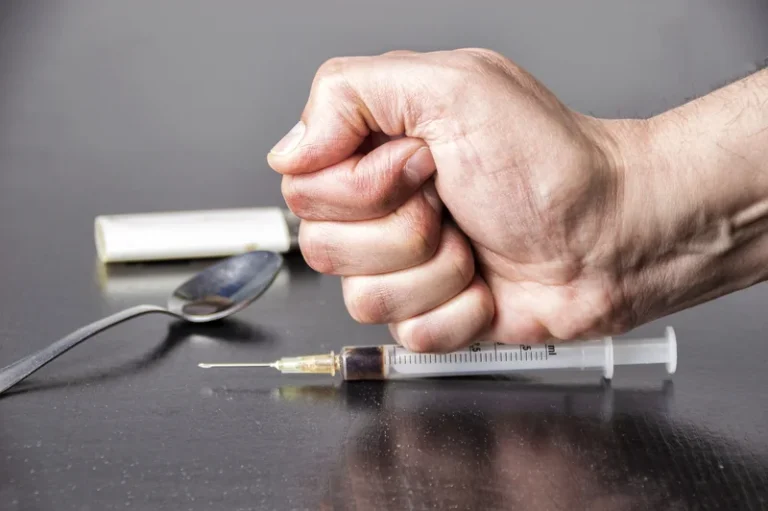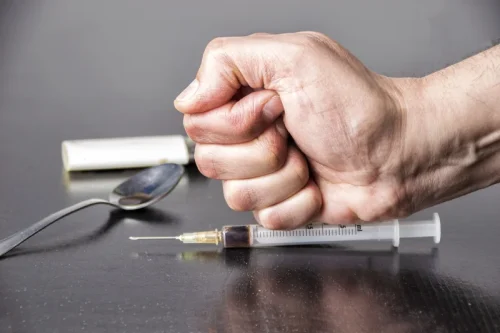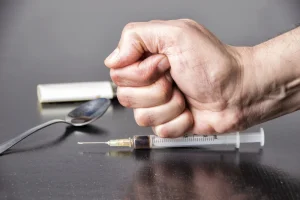
Remember, sobriety isn’t a destination but a journey—one that’s rich in learning, healing, and personal development. As you embark on this path, arm yourself with patience, perseverance, and a positive mindset. With the right tools and support, you’ll discover that a sober life is not only possible but fulfilling. Each individual’s journey to sobriety is unique, requiring a personalized blend of these treatments. Sobriety now refers to remaining sober rather than intoxicated.
Individualized Approach to Alcohol Treatment
If you were active in your addiction for a period of time, you may sober have developed financial problems. A therapist can help you learn new coping skills, develop new thinking patterns, and address any co-occurring mental health conditions that may make recovery more difficult. Research shows that if you maintain these types of toxic relationships, your chances of relapsing are greater. To avoid relapse and remain sober, it’s important to develop healthy relationships. It is generally the first step in a more comprehensive treatment plan.

Many 12-step programs suggest that sobriety means total abstinence, which means never using the substance again. Other definitions, however, focus on the process of recovery and coping habits that support health and wellness over the long term. When reaching out to family and friends for support, it’s important to choose wisely. In fact, your journey to sobriety will likely involve strengthening some relationships and purging others.
Finding Addiction Treatment
I have a really thorough episode about how alcohol affects the body – you can listen to it here. Alcohol enhances GABA’s effects, leading to sedation and reduced anxiety. Start slowly and gradually increase intensity as your body adjusts. Learn about the benefits of quitting drinking from 1 month to 3 years in this short course. Learn everything you need to know about alcohol withdrawal in this episode. Take action towards your recovery and seek help from SLA in Raleigh, NC today.
The Rewards of Choosing Sobriety
Your body becomes better at processing nutrients and filtering toxins. Acknowledging these achievements boosts motivation and reinforces your commitment to sobriety. These symptoms could indicate a severe form of withdrawal known as delirium tremens, which requires urgent medical care.

Cardiovascular Health
Access to Ongoing Recovery Resources is another vital benefit. Many sober living homes are connected with local therapy groups, counseling services, and job training programs. This access ensures you have the tools and support necessary to deal with life’s challenges without reverting to old habits. Remember, rediscovering life without substances isn’t a linear process. There will be ups and downs, but with the right tools and support, you can find fulfillment and satisfaction in a sober lifestyle.
- Once you’ve admitted that you have a problem with substance misuse, getting help is the next step.
- This sense of belonging can significantly reduce feelings of isolation and increase your motivation to maintain sobriety.
- Understanding its importance could be the key to not just achieving sobriety but maintaining it in the long run.
- When you make the decision to become sober, the evolution of your connections with friends, family, and partners often becomes an essential part of the recovery process.
Reputable, research-based treatment programs select therapies and interventions to match your personal needs. For example, a Veteran with post-traumatic stress disorder (PTSD) who misuses cocaine, doesn’t have the same needs as a stay-at-home mom struggling with alcohol use. A recovering individual can live in an Oxford House for as long as he or she does not drink alcohol, does not use drugs, and pays an equal share of the house expenses.
- When you’re on the journey of recovery, integrating back into your daily life can be daunting.
- In the throes of addiction, honest and open communication may have taken a back seat.
- It refers to the ability to experience, understand, and effectively manage emotions without resorting to substance use.
What Role Does Mindfulness Play in Sobriety?

Other studies suggest that roughly 50% of individuals who complete addiction treatment programs remain abstinent for a year, and this number increases with time and ongoing treatment. An effective treatment program provides all of these steps and more. So if you or a loved one struggle with addiction and relapse, American Addiction Centers (AAC) can help you find lasting recovery. AAC operates treatment centers throughout the United States, providing the complete continuum of care and offering evidence-based therapies and individualized treatment plans.
What Does Adderall Do To A Normal Person
- Each step towards rebuilding connections is a step towards a more grounded and fulfilling life.
- Your body becomes better at processing nutrients and filtering toxins.
- This article discusses the meaning of sobriety and arms you with information and strategies to smooth—and stay on—your path to wellness.
- The Oxford House Model is shared, studied, and growing because it works.
- Yes, individuals using Medication-Assisted Treatment (MAT) can be considered sober.
If PAWS is severe or if you’re experiencing prolonged symptoms, a medical professional can help you work through them and remain in recovery without relapse. Depending on the type of dependency, PAWS can last from six months to two years after you stop using drugs or alcohol. Loving and encouraging family and friends can definitely help support your journey to become sober. We also offer transportation services to remove the hassle of getting from place to place, which can often set back recovery efforts. People in recovery will have the ability to move from work to meetings, and back to their apartment without having to go out of their way to do so.

Podcasts can be an invaluable part of your sobriety toolkit, bringing a wealth of knowledge, support, and companionship right into your ears. They transform solitary moments into opportunities for connection and growth, providing access to a world where experience and empathy speak directly to you. Serious, calm, and clear-headed, particularly not being under the influence of alcohol or drugs.”The discussion was sober and thought-provoking.” SLA believes that real change has to start on a community level. To help fight the addiction epidemic in our homes, we must begin with educating our children, doctors, and schools about the signs of addiction. Learn Halfway house that you have choices and that you can maintain control.
What’s Different About Go Sober?
To learn more about alcohol’s effect on your brain, why you have been unable to quit, and how our individualized, science-based treatment works, please schedule a free consultation, or give us a call. We integrate life coaching, nutritional education, sleep optimization, fitness, stress management, and more to help you achieve the lifestyle you want without alcohol. Meet with a trained alcohol specialist during a free, confidential, virtual consultation to learn about the unique Go Sober program. We’ll show you how our successful protocol can work around your life to help you overcome your challenges with alcohol. Exploring new hobbies and activities is essential to fill the time previously spent drinking and to rediscover interests you may have neglected during active addiction. Deep breathing activates your body’s relaxation response, reducing stress and anxiety.





